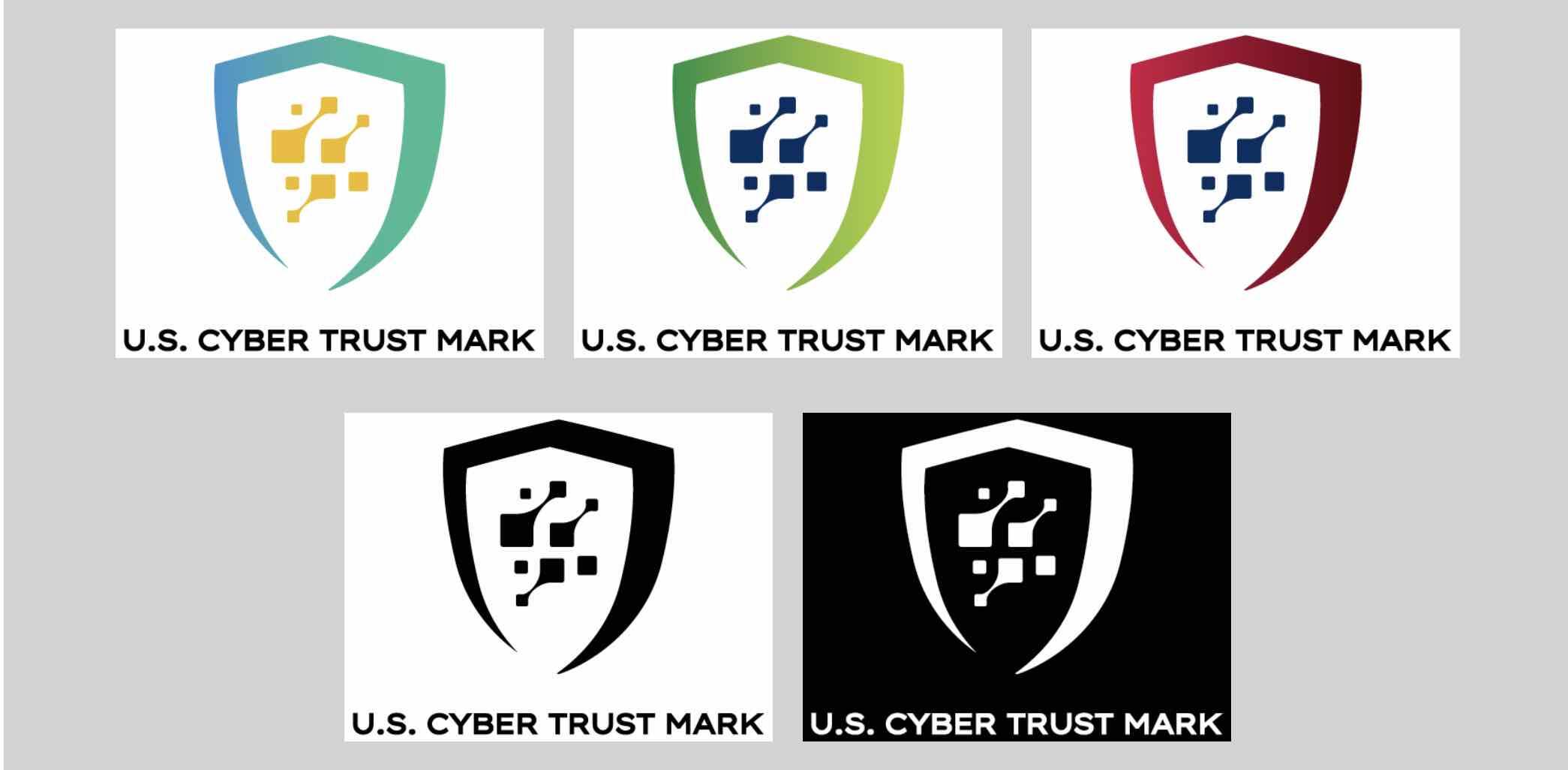BOOK THIS SPACE FOR AD
ARTICLE ADGoogle this week announced that it has released open source tools and libraries that can be used by developers to implement fully homomorphic encryption (FHE).
FHE enables the processing of encrypted data without providing access to the actual data. One year ago, IBM also released an open source FHE toolkit.
Google has released the source code of an FHE transpiler for C++ developers. The tech giant has shared information on installing the transpiler and running it, and it has also made available some demos to serve as examples of possible use cases. Developers have also been provided information on the design of the transpiler, its security, and limitations.
“Google’s transpiler will enable developers to write code for any type of basic computation such as simple string processing or math, and run it on encrypted data,” explained Miguel Guevara, product manager in Google’s privacy team.
Guevara added, “The transpiler will transform that code into a version that can run on encrypted data. This then allows developers to create new programming applications that don’t need unencrypted data. FHE can also be used to train machine learning models on sensitive data in a private manner.”
FHE can be very useful for creating applications that process highly sensitive user information, such as medical information.
“For example, imagine you’re building an application for people with diabetes. This app might collect sensitive information from its users, and you need a way to keep this data private and protected while also sharing it with medical experts to learn valuable insights that could lead to important medical advancements,” Guevara said. “With Google’s transpiler for FHE, you can encrypt the data you collect and share it with medical experts who, in turn, can analyze the data without decrypting it - providing helpful information to the medical community, all while ensuring that no one can access the data’s underlying information.”
Related: Google Open-Sources Cryptographic Protocol
Related: Adobe Releases Open Source Anomaly Detection Tool "OSAS"
Related: Google Releases Open Source Tool for Verifying Containers

Eduard Kovacs (@EduardKovacs) is a contributing editor at SecurityWeek. He worked as a high school IT teacher for two years before starting a career in journalism as Softpedia’s security news reporter. Eduard holds a bachelor’s degree in industrial informatics and a master’s degree in computer techniques applied in electrical engineering.
Previous Columns by Eduard Kovacs:
.png)















 Bengali (Bangladesh) ·
Bengali (Bangladesh) ·  English (United States) ·
English (United States) ·